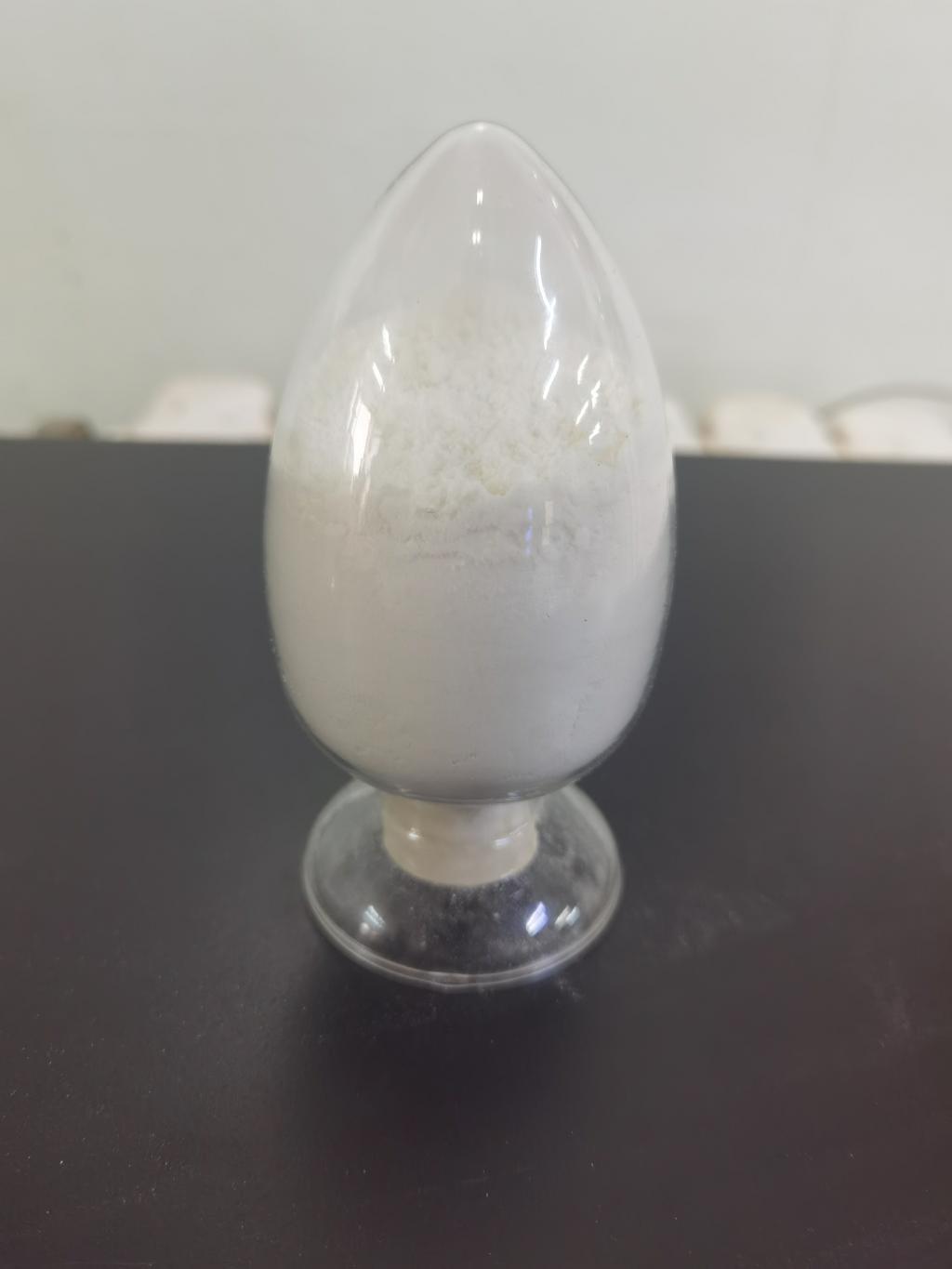Tel:+8618231198596

News
 CONTACT
CONTACT
 CONTACT
CONTACT
- Linkman:Linda Yao
- Tel: +8618231198596
- Email:linda.yao@dcpharma.cn
- Linkman:CHARLES.WANG
- Department:Overseas
- Tel: 0086 0311-85537378 0086 0311-85539701
News
Advancing Precision Agriculture: The Impact of ε-Polylysine Hydrochloride on Crop Yields
TIME:2024-03-04
I. The Landscape of Modern Agriculture:
Modern agriculture faces the challenge of feeding a growing global population while minimizing environmental impact. Precision agriculture, which involves the use of technology and data-driven approaches to optimize farming practices, has become crucial in addressing this challenge. Enhancing crop yields through sustainable and efficient means is at the forefront of agricultural innovation.
II. ε-Polylysine Hydrochloride: An Overview
Natural Origin and Production:
ε-Polylysine hydrochloride is a naturally occurring antimicrobial agent produced through the fermentation of Streptomyces albulus. Its natural origin makes it an environmentally friendly alternative to synthetic additives, aligning with the principles of sustainable agriculture.
Antimicrobial Properties:
The primary function of ε-Polylysine hydrochloride is its antimicrobial activity against bacteria, molds, and yeasts. This property is crucial in agriculture for controlling diseases and pests that can compromise crop health and yield.
Safe for Plants and the Environment:
ε-Polylysine hydrochloride is safe for plants and the environment, making it an attractive option for sustainable agriculture. It poses minimal risk to non-target organisms and ecosystems, aligning with the goal of reducing the ecological footprint of farming practices.
III. Precision Agriculture Applications of ε-Polylysine Hydrochloride:
Disease Control:
One of the key applications of ε-Polylysine hydrochloride in precision agriculture is disease control. By incorporating it into crop protection strategies, farmers can mitigate the impact of bacterial and fungal diseases that can significantly reduce crop yields.
Pest Management:
ε-Polylysine hydrochloride's antimicrobial properties extend to pest management. It can serve as a natural deterrent against certain pests, reducing the reliance on synthetic pesticides that may have negative environmental consequences.
Seed Treatment:
Applying ε-Polylysine hydrochloride as a seed treatment enhances the protection of seeds from soilborne pathogens. This early intervention contributes to better germination rates and the establishment of healthier crops.
IV. Impact on Crop Yields:
Disease Resistance and Crop Health:
By preventing and mitigating the impact of diseases, ε-Polylysine hydrochloride contributes to enhanced crop health. Healthy plants are more resistant to stressors, resulting in increased overall yields.
Reduction in Yield Losses:
Yield losses due to diseases and pests can be substantial in conventional agriculture. The precise application of ε-Polylysine hydrochloride reduces these losses, ensuring that more crops reach maturity and contribute to the overall yield.
Improved Quality of Produce:
Healthy crops treated with ε-Polylysine hydrochloride often exhibit improved quality, including better nutritional content and appearance. This not only benefits farmers economically but also meets the increasing demand for high-quality, nutritious produce.
V. Case Studies: Success Stories in Agriculture
Examining case studies from agricultural settings where ε-Polylysine hydrochloride has been successfully implemented provides tangible evidence of its impact. Success stories across various crops and regions demonstrate the versatility and effectiveness of this natural antimicrobial agent in improving crop yields.
VI. Environmental Sustainability and Precision Agriculture:
Reduced Chemical Input:
ε-Polylysine hydrochloride's role in disease and pest management contributes to a reduction in the need for synthetic chemical inputs. This aligns with the principles of precision agriculture, which aims to optimize resource use while minimizing environmental impact.
Enhanced Soil Health:
The reduction in chemical inputs and the promotion of healthy crops through ε-Polylysine hydrochloride contribute to enhanced soil health. Sustainable farming practices that prioritize soil health are integral to long-term agricultural productivity.
Biodiversity Preservation:
By minimizing the use of synthetic pesticides, ε-Polylysine hydrochloride supports biodiversity preservation. It allows beneficial insects and organisms to thrive, contributing to natural pest control mechanisms and maintaining a balanced ecosystem.
VII. Future Prospects and Research:
Continued research and development are essential for maximizing the potential of ε-Polylysine hydrochloride in precision agriculture. Exploring its applications across different crops, refining application methods, and assessing long-term effects on soil health are crucial aspects of ongoing research efforts.
VIII. Conclusion:
In conclusion, ε-Polylysine hydrochloride stands as a promising tool in advancing precision agriculture and enhancing crop yields sustainably. Its natural origin, antimicrobial properties, and environmentally friendly profile make it a valuable asset for farmers seeking innovative solutions to the challenges of modern agriculture. As the world continues to grapple with food security and environmental sustainability, the integration of ε-Polylysine hydrochloride into precision farming practices offers a pathway towards more resilient, efficient, and eco-friendly agriculture.
- Tel:+8618231198596
- Whatsapp:18231198596
- Chat With Skype







